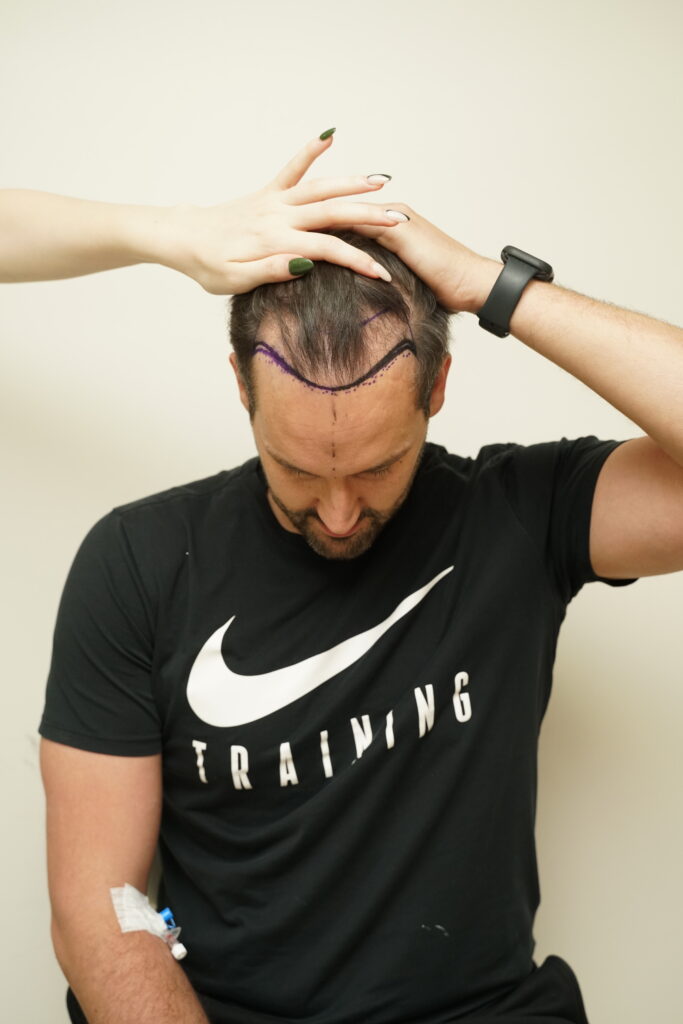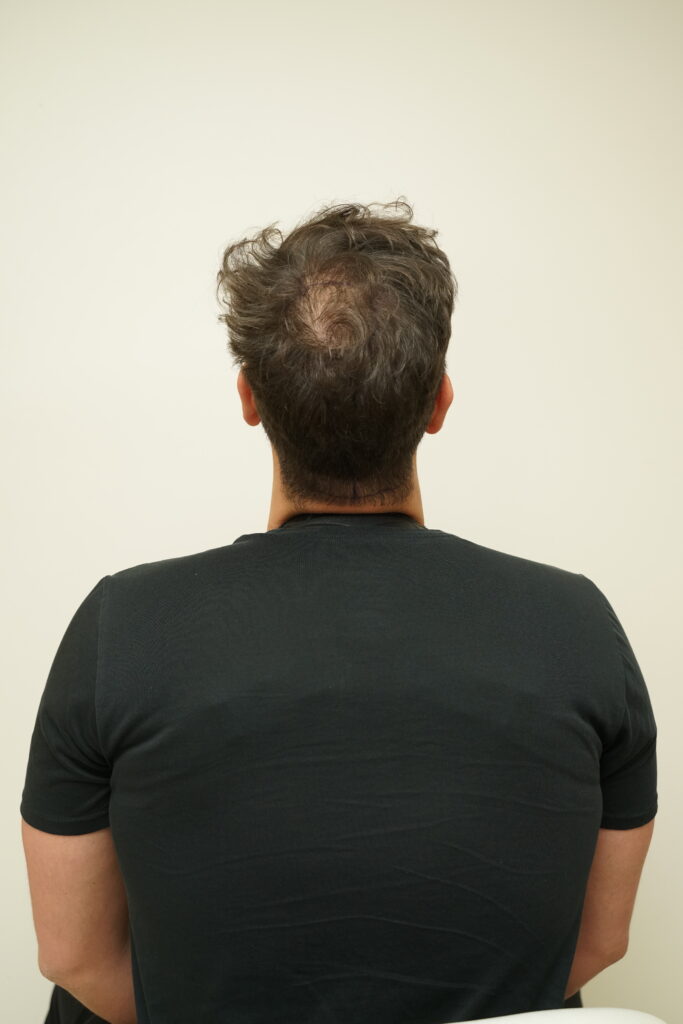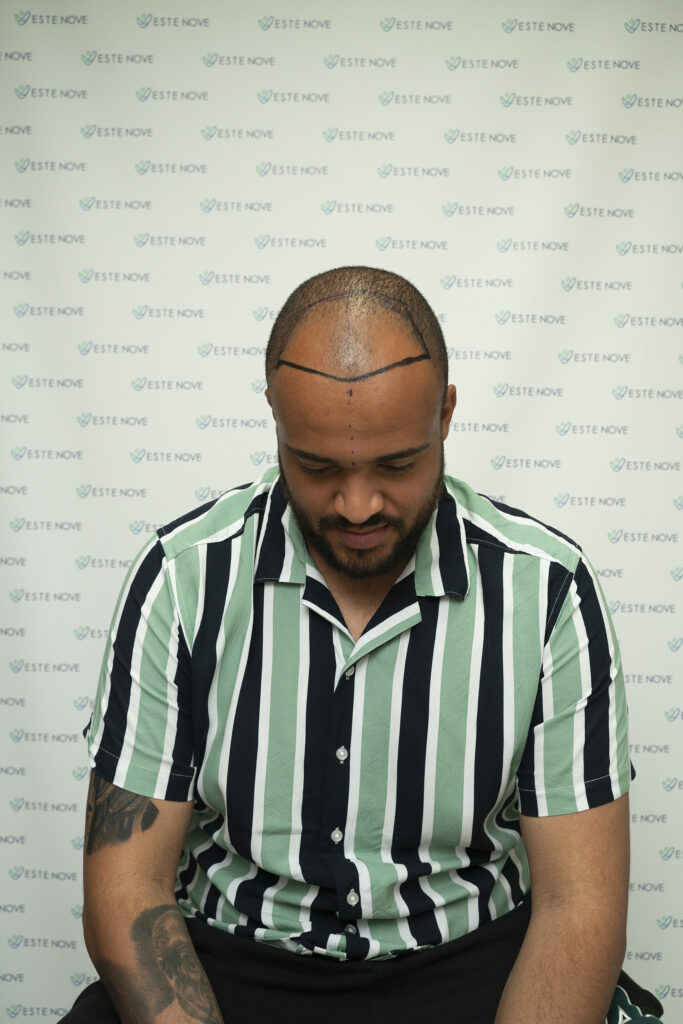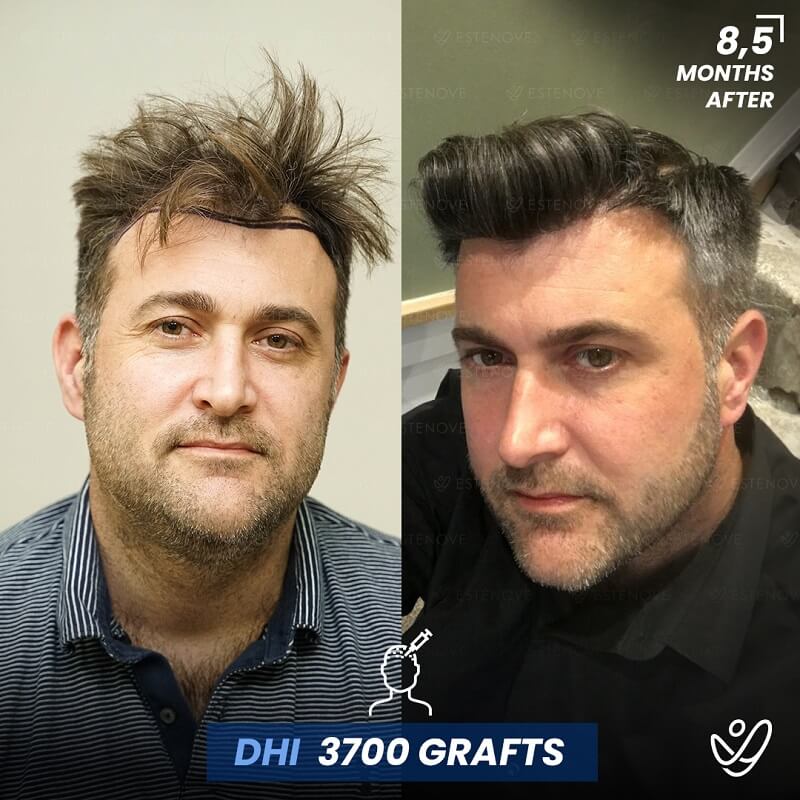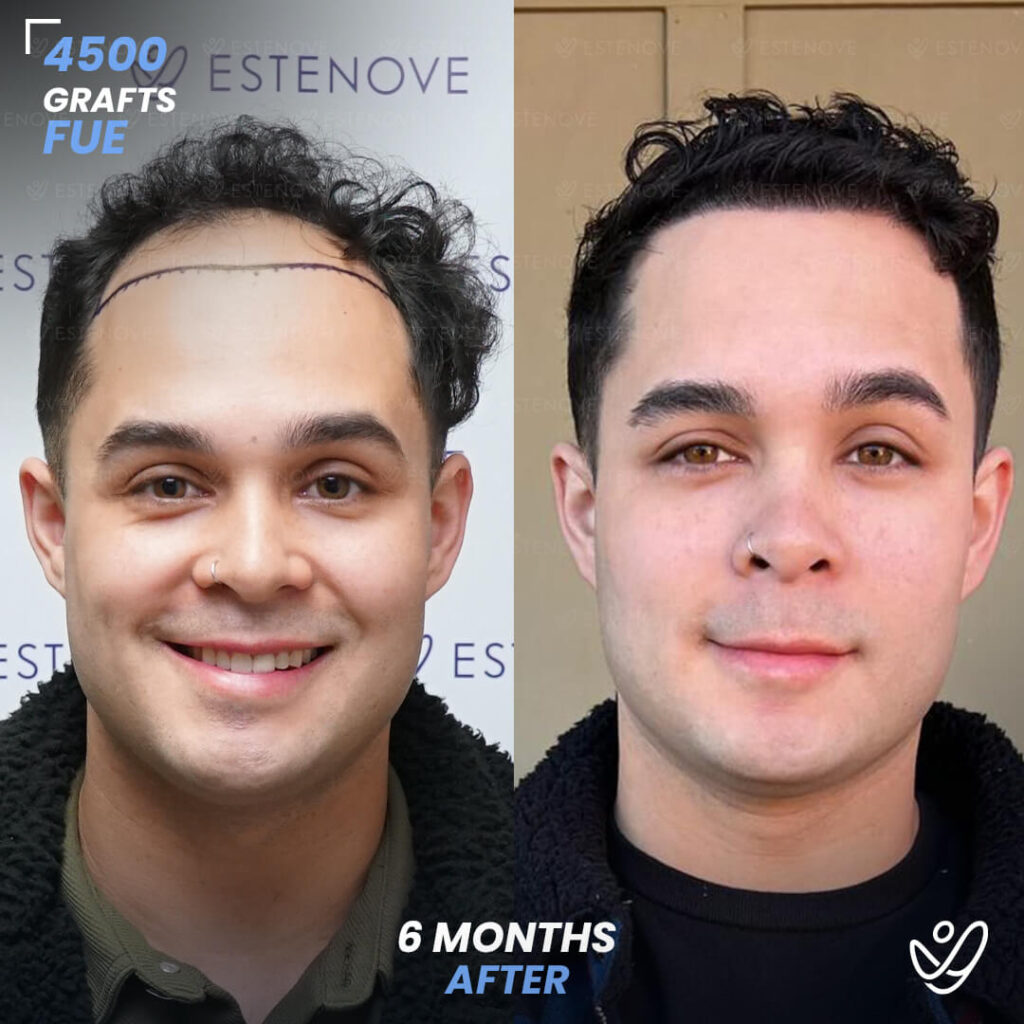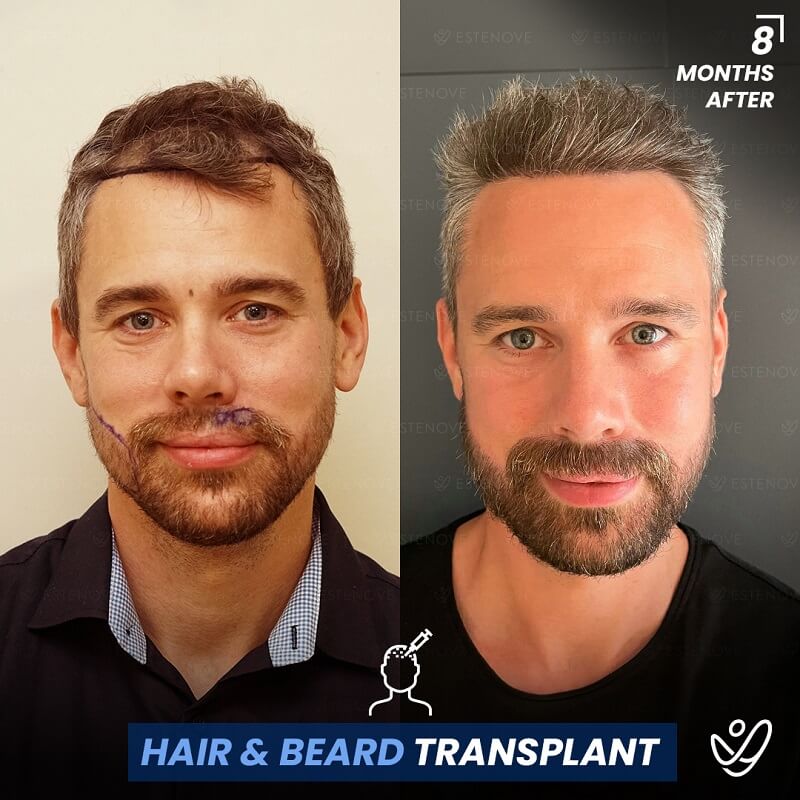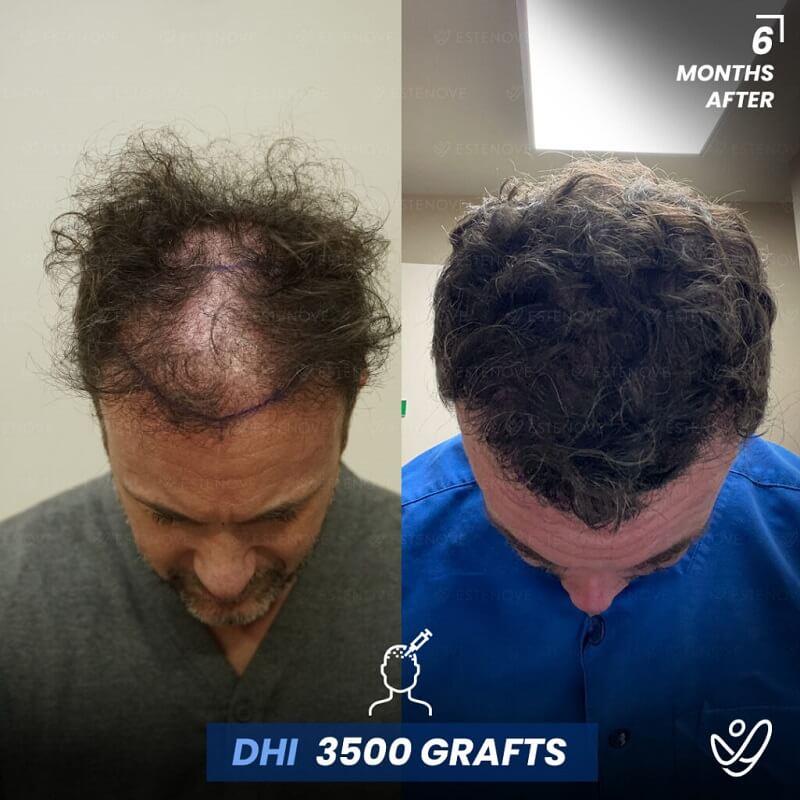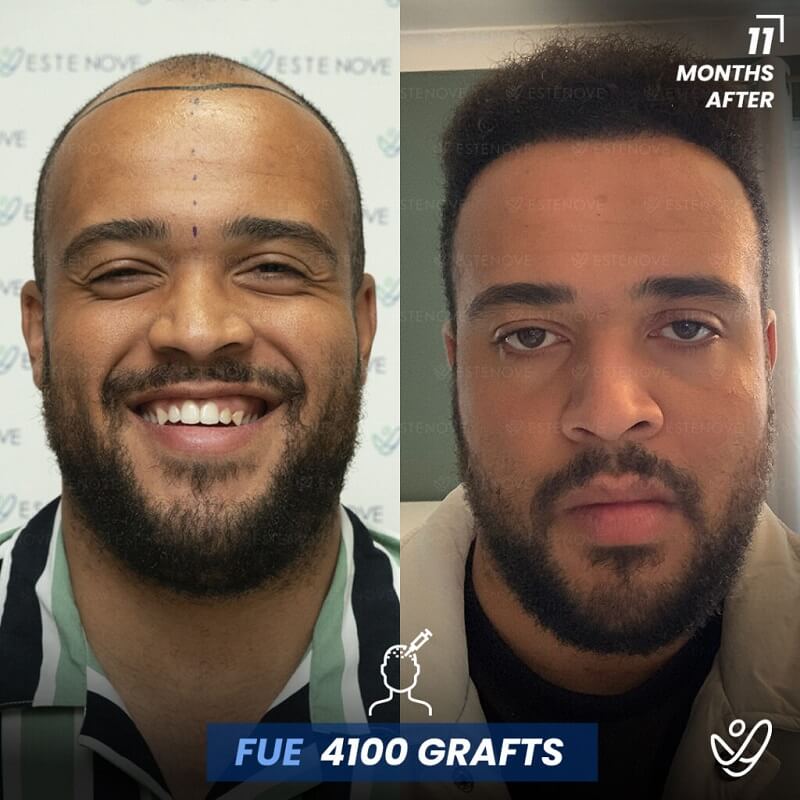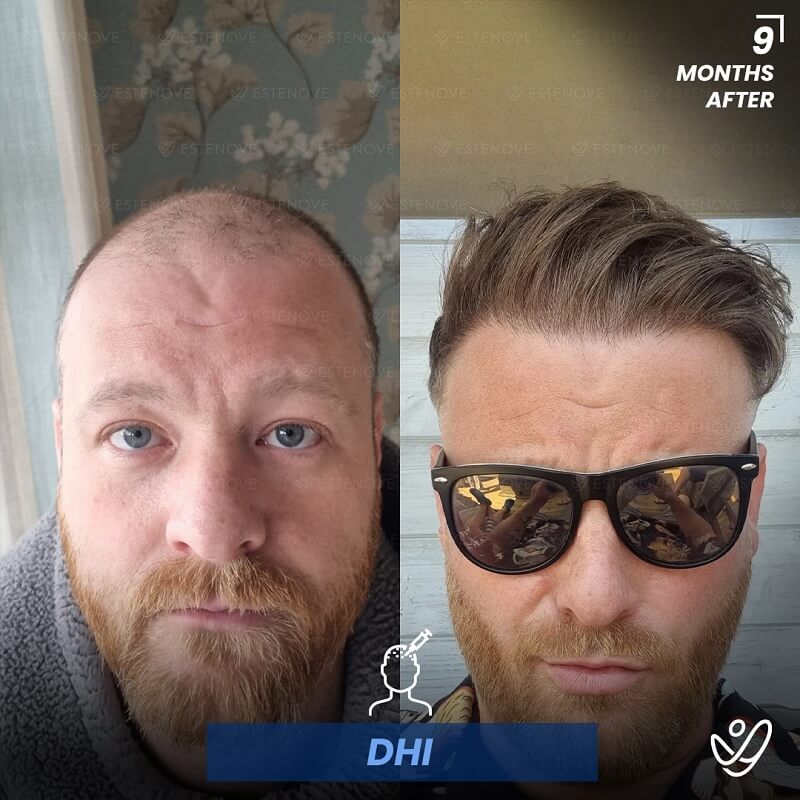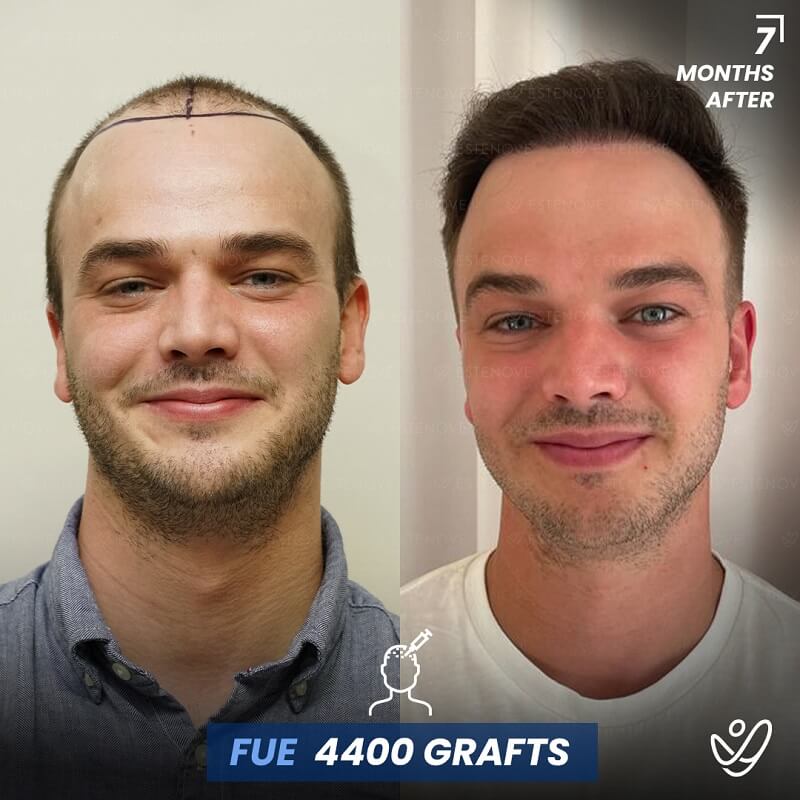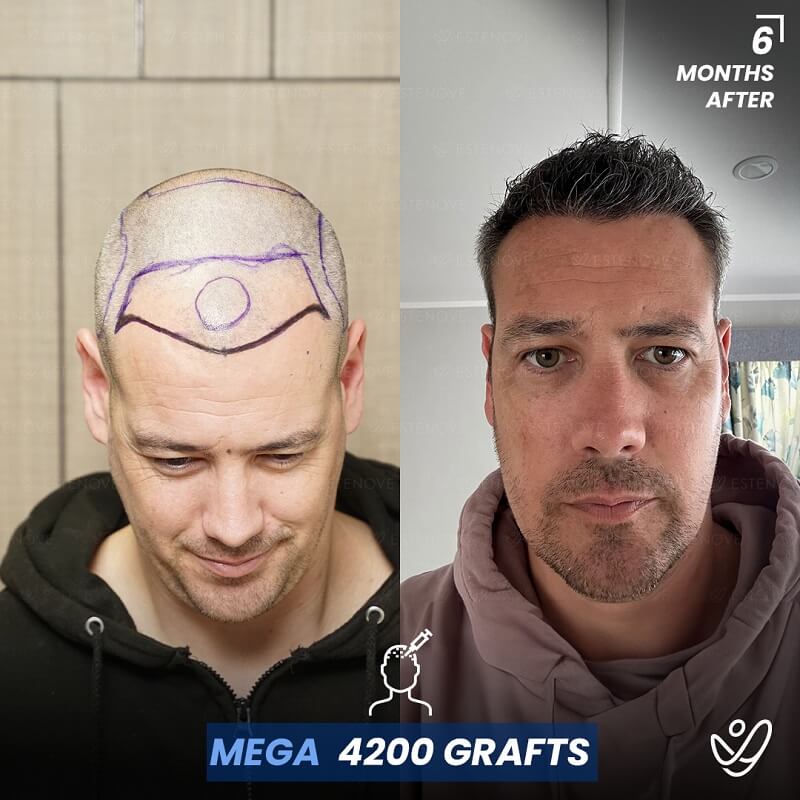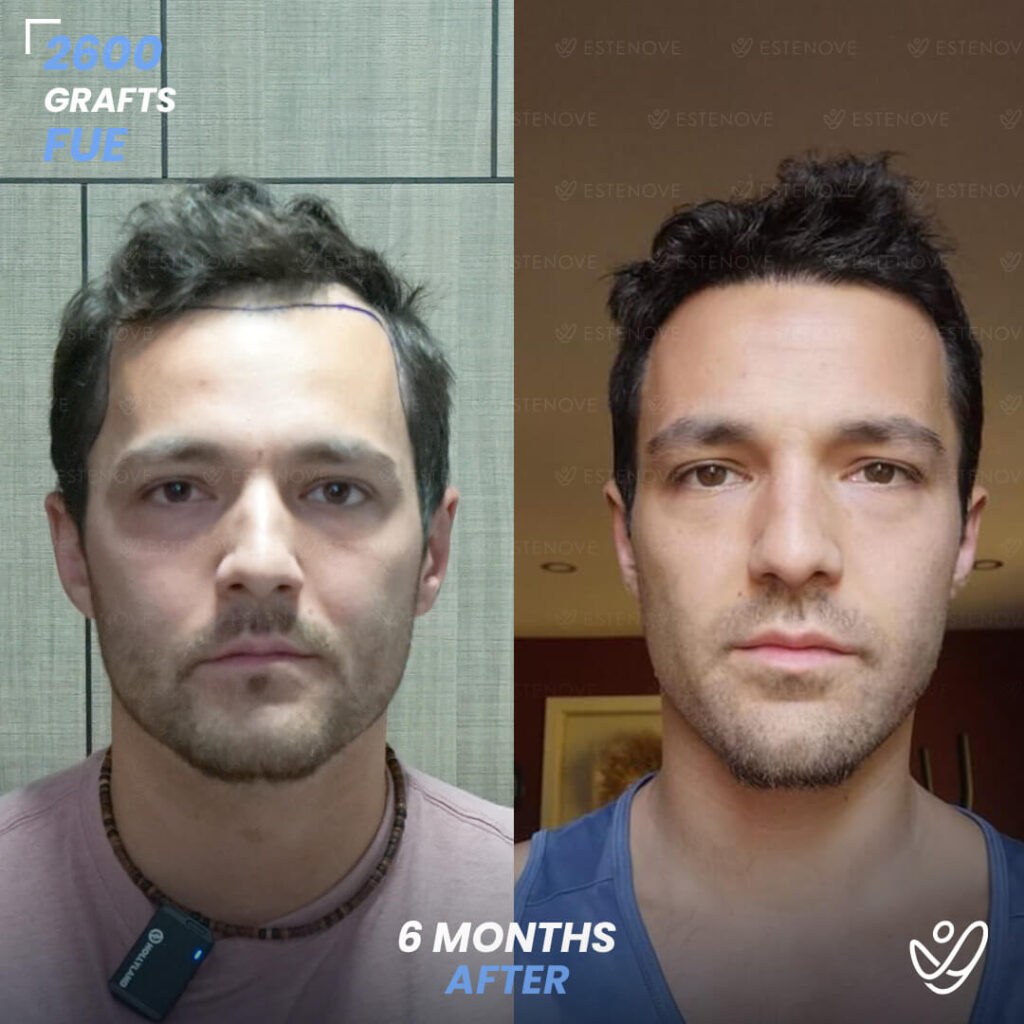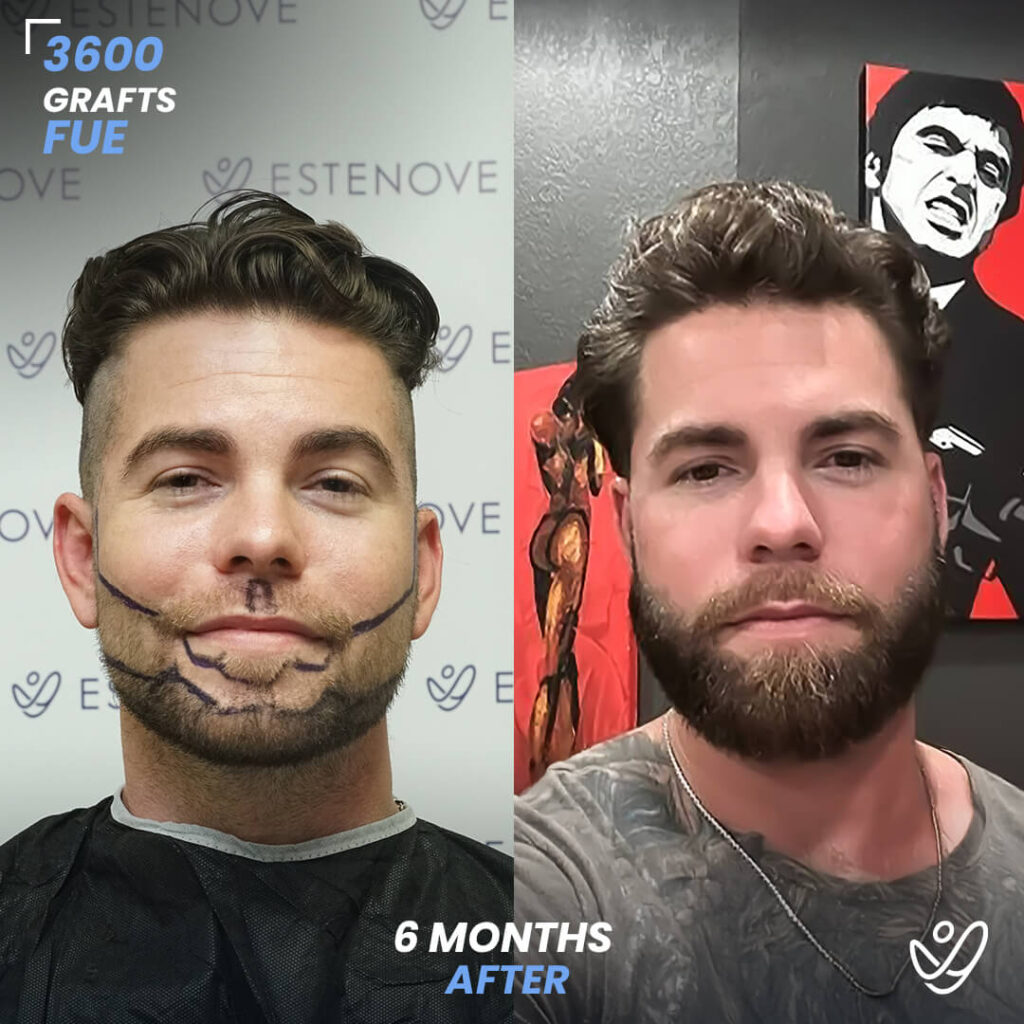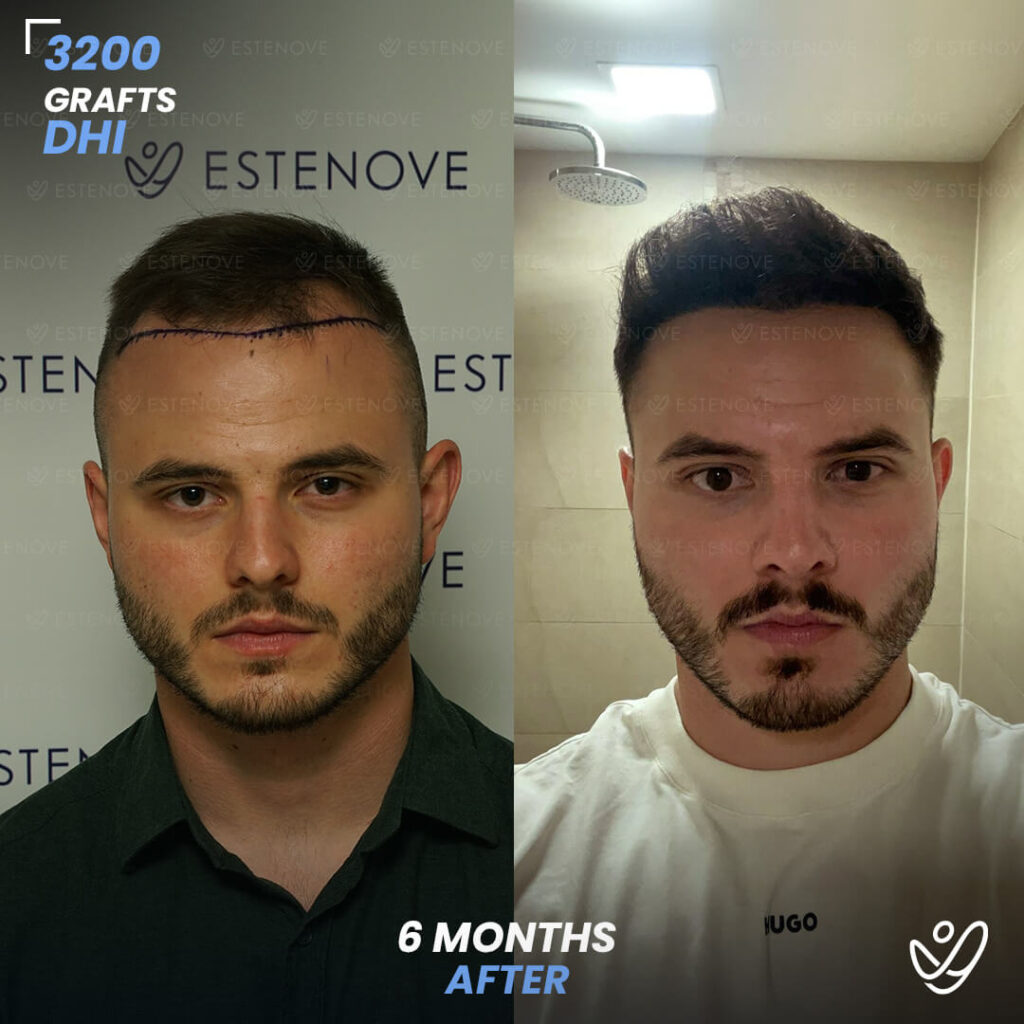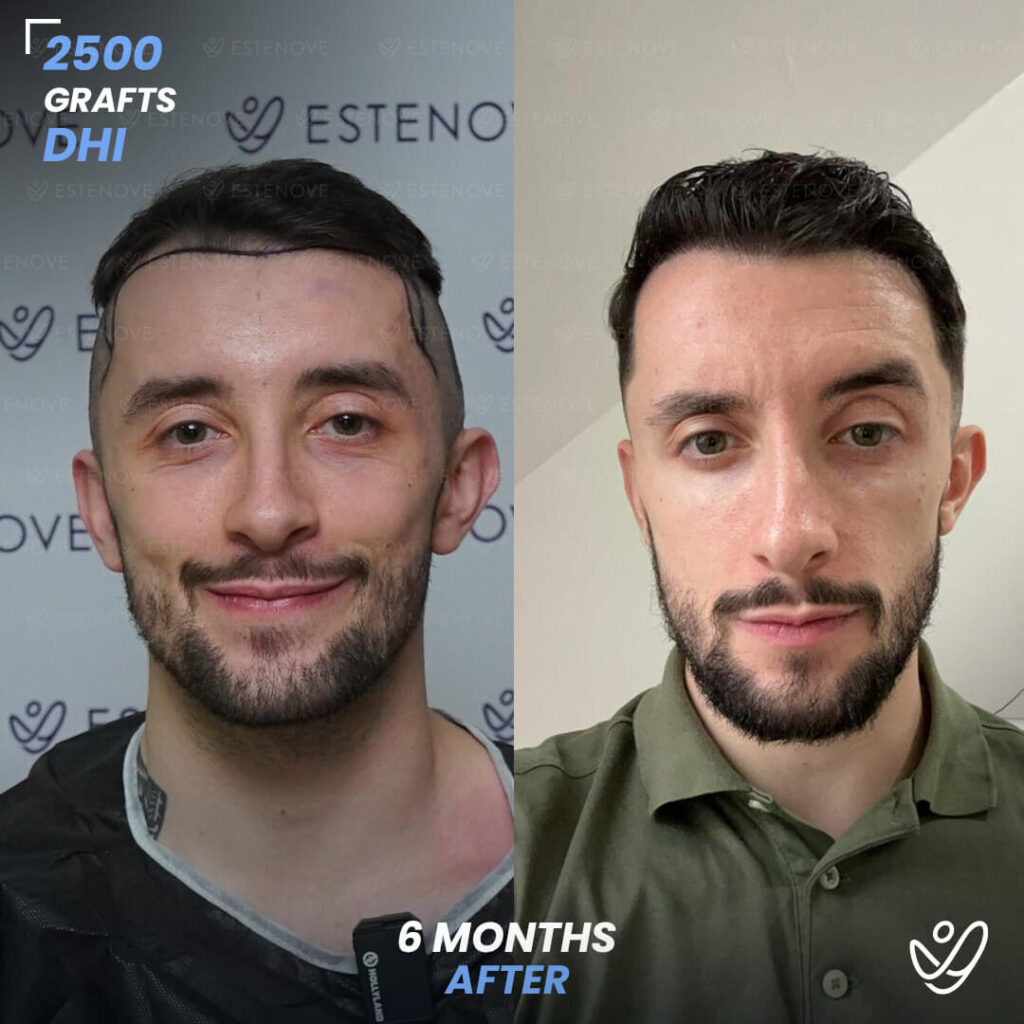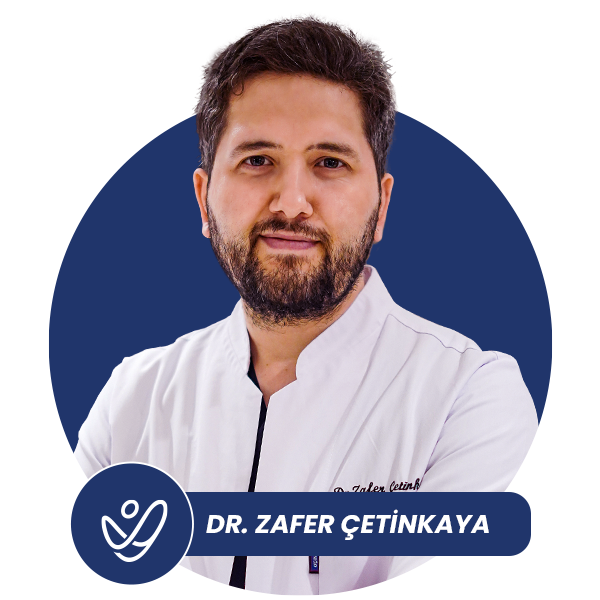
Thinning hair is a common concern for many individuals, and recognizing the early signs of hair loss is essential for addressing the issue effectively. By understanding the causes and triggers of hair thinning, individuals can take proactive steps to prevent further hair loss and seek appropriate treatments.
Recognizing the Early Signs of Hair Loss
Hair loss can manifest in various ways, and detecting the initial signs is crucial to addressing the issue promptly. One of the primary indications of early hair loss is changes in hair texture. Individuals who notice their hair becoming thinner or finer may be experiencing the onset of hair loss. This change in texture may be accompanied by increased shedding of hair during washing or styling.
- Gulf Hair Thinning
- Crown Hair Thinning
Another factor to consider when recognizing the early signs of hair loss is the impact of sun exposure on scalp health. Prolonged exposure to the sun’s harmful UV rays can damage the scalp, leading to hair thinning and bald patches. Therefore, individuals who spend significant time in the sun should take precautions, such as wearing a hat or using sunscreen on the scalp, to protect against this potential cause of hair loss.
Dealing with hair loss can be emotionally challenging, particularly when it comes to styling struggles and bald patches. Hair thinning often results in decreased volume and difficulty in achieving desired hairstyles. Bald patches can also occur, further affecting an individual’s self-esteem. By recognizing these visible signs of hair loss, individuals can seek appropriate treatments and solutions to address the issue effectively.
Furthermore, it’s essential to understand the role of genetics in hair loss. Family history plays a significant part in determining an individual’s predisposition to baldness or thinning hair. Those with a family history of hair loss are more likely to experience similar issues themselves. Genetic factors can influence the rate and pattern of hair loss, making it important to consider family history when assessing the risk of developing hair loss.
In addition to genetic factors, lifestyle choices can also impact hair health. Poor nutrition, high stress levels, and certain medical conditions can contribute to hair loss. A balanced diet rich in essential nutrients such as vitamins A, C, D, and E, as well as minerals like zinc and iron, can promote healthy hair growth. Managing stress through relaxation techniques and regular exercise can also help maintain overall hair health. By addressing lifestyle factors that may contribute to hair loss, individuals can take proactive steps to preserve their hair and prevent further thinning or balding.
How to Tell If Hair is Thinning?
The initial signs of hair thinning may vary from person to person, but common indicators include:
- Increased Hair Shedding: Experiencing more hair fall than usual, noticing excessive hair on pillows, brushes, or in the shower drain.
- Visible Scalp: Noticing a wider parting or increased visibility of the scalp through the hair.
- Reduced Hair Volume: Hair appearing less dense or lacking its previous fullness and body.
- Weakened Hair Strands: Hair feeling finer, weaker, and more prone to breakage.
- Receding Hairline or Thinning Crown: Men may notice a receding hairline or thinning at the crown area, while women may experience widening of the part line or overall thinning.
Causes of Hair Loss
Understanding the underlying causes of hair loss is crucial in developing targeted strategies to prevent further thinning. By debunking common myths and exploring potential triggers, individuals can gain a deeper insight into the factors contributing to their hair loss.
Debunking the Stress-Hair Loss Connection
Contrary to popular belief, stress alone does not directly cause hair loss. However, chronic stress can contribute to a condition called telogen effluvium, which results in excessive shedding of hair. Telogen effluvium is typically triggered by a significant life event, such as a traumatic experience or surgery, leading to a disruption in the hair growth cycle. Managing stress through techniques like meditation, exercise, and therapy can help mitigate the effects of telogen effluvium and promote healthy hair growth.
The Link Between Vitamin D Deficiency and Hair Loss
Vitamin D plays an essential role in maintaining healthy hair follicles, and its deficiency has been linked to hair loss. Research suggests that vitamin D receptors are present in the cells responsible for hair growth. Therefore, inadequate levels of this crucial vitamin can impact hair follicle health and contribute to hair thinning. Incorporating foods rich in vitamin D, such as fatty fish, milk, and fortified cereals, into one’s diet or taking vitamin D supplements can help support hair growth and prevent further loss.
Dispelling Myths About Permanent Hair Loss
While it is true that some forms of hair loss, such as alopecia areata or androgenetic alopecia, may result in permanent hair loss, not all cases are irreversible. Many individuals experiencing hair thinning can take proactive steps to slow down or even reverse the process. It is essential to consult a dermatologist or trichologist to determine the underlying cause of hair loss and develop a personalized treatment plan. Options may include medications, laser therapy, hair transplants, or lifestyle changes.
Furthermore, it is important to note that hair loss can also be influenced by hormonal imbalances. Conditions such as polycystic ovary syndrome (PCOS) or thyroid disorders can disrupt the normal hair growth cycle and lead to hair thinning. Addressing these underlying hormonal issues through appropriate medical interventions can help restore hair health.
In addition, certain medications can also contribute to hair loss as a side effect. Drugs used for chemotherapy, antidepressants, and blood thinners are known to cause hair thinning. If you suspect that your medication may be contributing to your hair loss, it is crucial to consult with your healthcare provider to explore alternative options or potential solutions.
How to regrow thinning hair?
While complete hair regrowth may not always be possible, there are several effective methods to address thinning hair:
- Hair Transplantation: Procedures like Follicular Unit Extraction (FUE) and Direct Hair Implantation (DHI) offered by Estenove can restore hair in areas of thinning or baldness by transplanting healthy hair follicles from donor areas.
- Medications: FDA-approved medications like minoxidil (Rogaine) and finasteride (Propecia) can help slow down hair loss and promote regrowth in some cases.
- Low-Level Laser Therapy (LLLT): LLLT devices, such as laser combs or caps, utilize low-level laser light to stimulate hair follicles and encourage regrowth.
- Lifestyle Changes: Maintaining a balanced diet, managing stress levels, avoiding harsh styling practices, and using gentle hair care products can contribute to healthier hair.
- Scalp Treatments: Topical treatments, such as serums or foams containing growth factors or peptides, can nourish the scalp and promote a healthy environment for hair growth.
- Camouflage Techniques: Hairstyling tricks, like using volumizing products, strategic haircuts, or hair fibers, can create the illusion of thicker hair.
Estenove’s Approach to Thinning Hair Treatment
- Consultation and Evaluation: At Estenove, the journey to restoring your hair begins with a detailed consultation. Their experienced hair transplant specialists will assess your hair loss pattern, medical history, and personal goals to determine the most suitable treatment options for you.
- Advanced Hair Transplant Techniques: Estenove employs cutting-edge hair transplant techniques, including Follicular Unit Extraction (FUE) and Direct Hair Implantation (DHI). These minimally invasive procedures ensure natural-looking results with minimal discomfort and downtime.
- Experienced Surgeons and Medical Staff: Estenovepartners with a team of skilled surgeons and medical staff are extensively trained in hair restoration procedures. They combine their expertise with the latest technology and industry best practices to deliver exceptional results.
- Personalized Treatment Plans: Recognizing that each individual has unique needs, Estenove crafts personalized treatment plans tailored to your specific hair loss condition and desired outcome. Their holistic approach focuses not only on hair transplantation but also includes pre and post-operative care to optimize results.
- State-of-the-Art Facilities: Estenove’s partnered clinic in Istanbul is equipped with state-of-the-art facilities, ensuring a comfortable and safe environment for patients. The clinic adheres to stringent international standards, maintaining the highest levels of hygiene and sterilization.
- Affordability and Accessibility: Estenove is committed to making hair transplant treatments accessible to a wider audience. They offer competitive pricing without compromising on quality, making it an ideal choice for individuals seeking effective hair restoration solutions. Check out our hair transplant package.
If thinning hair is causing you distress and affecting your confidence, Estenove offers the solution you’ve been looking for. With the expertise, advanced techniques, and personalized approach, Estenove helps both men and women regain their natural hair and restore self-assurance. Located in the vibrant city of Istanbul, Turkey, Estenove provides a convenient and trusted destination for individuals seeking world-class hair transplant treatments. Take the first step toward a renewed appearance and a boost in self-esteem by choosing EsteNove for your hair restoration journey. Contact Estenove today to schedule a consultation and embark on the path to regaining your hair and confidence.

